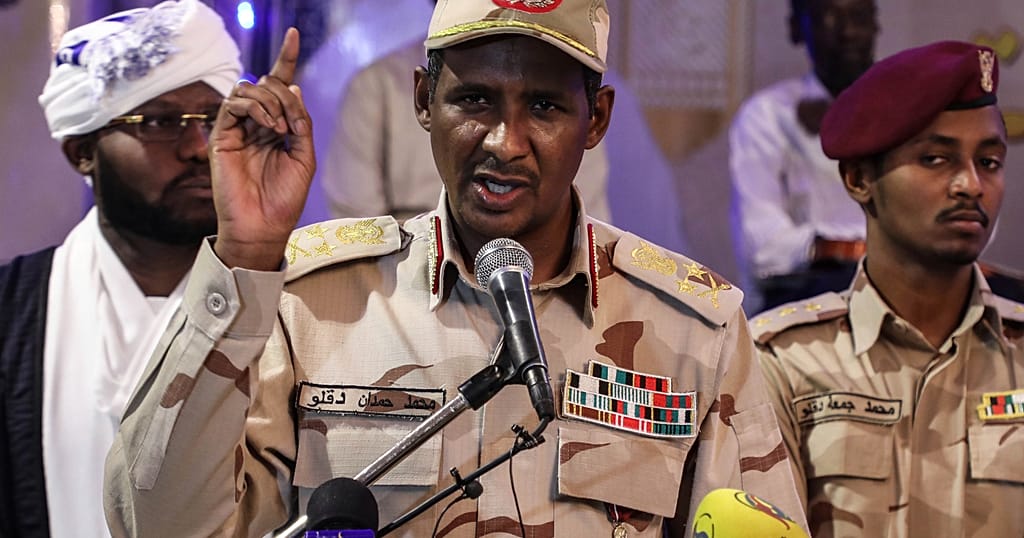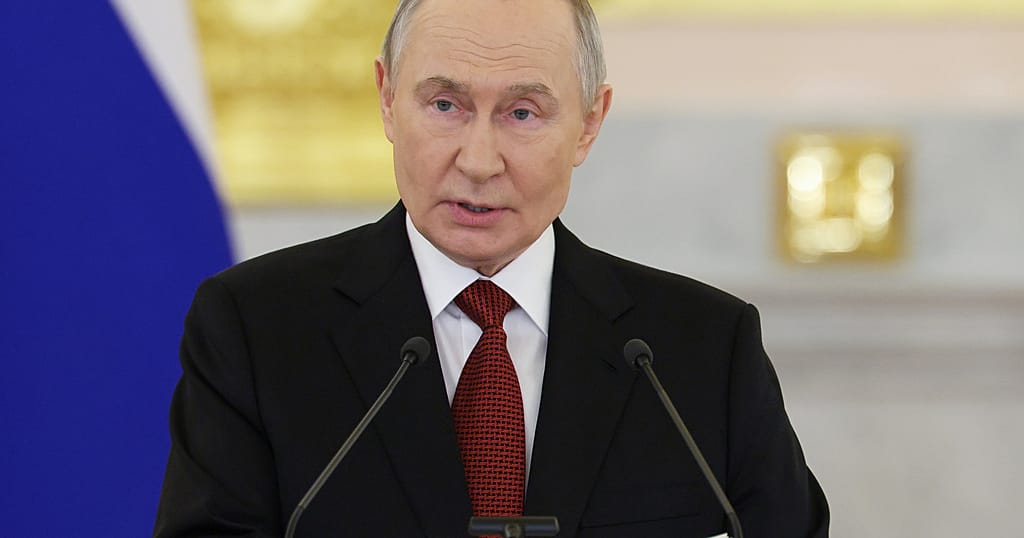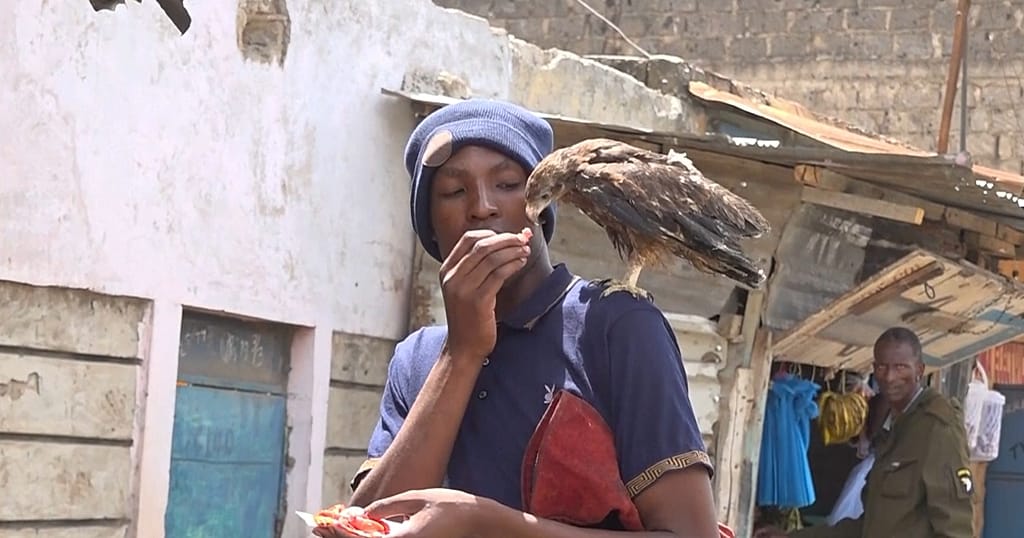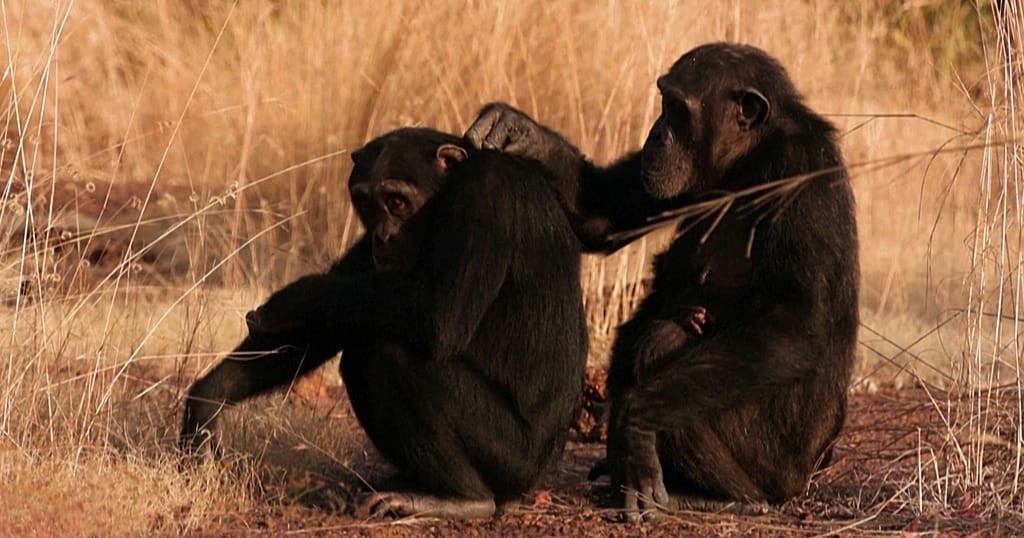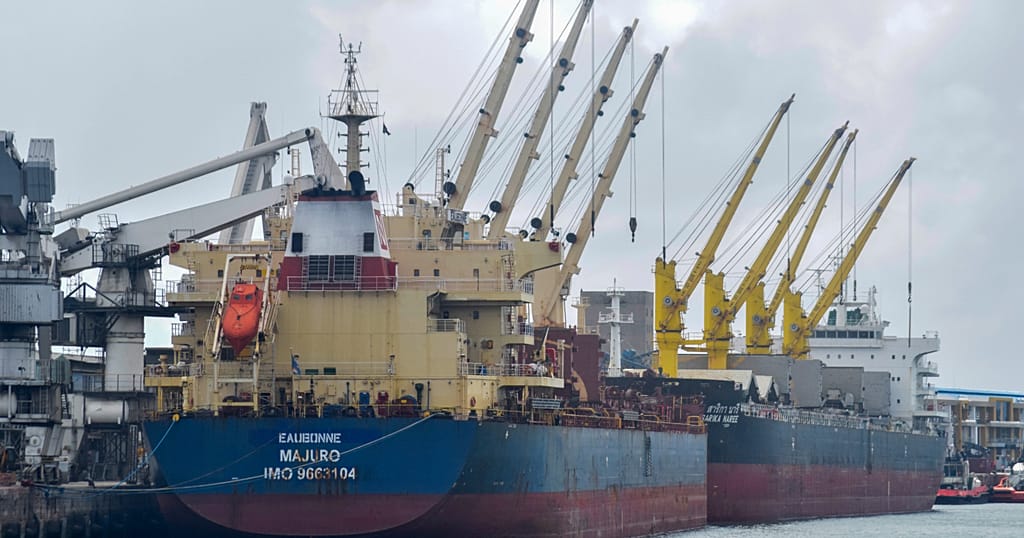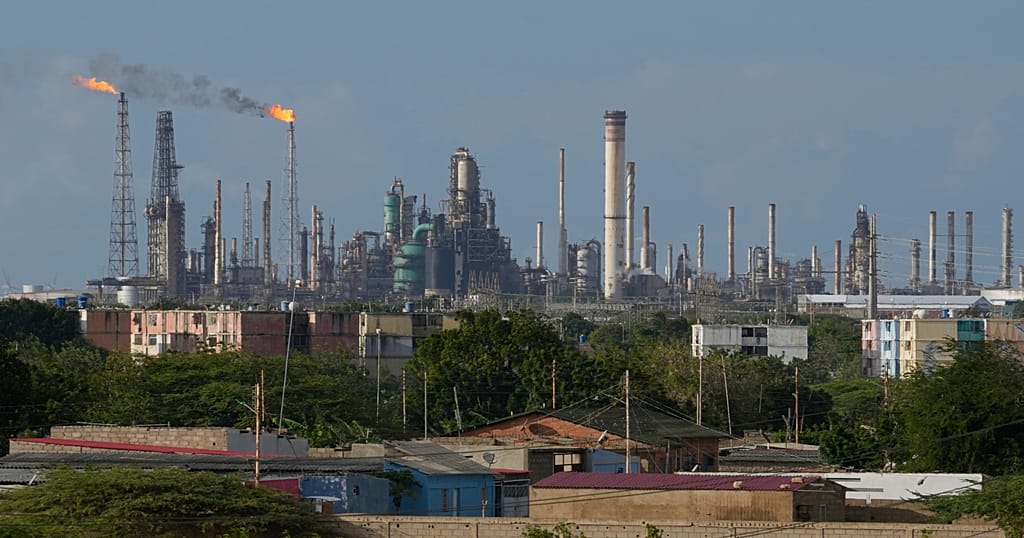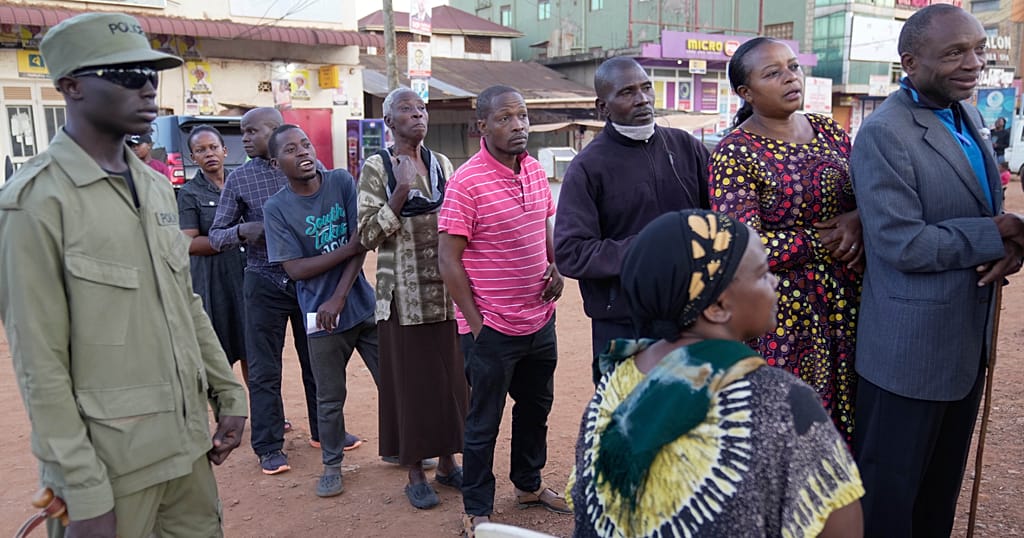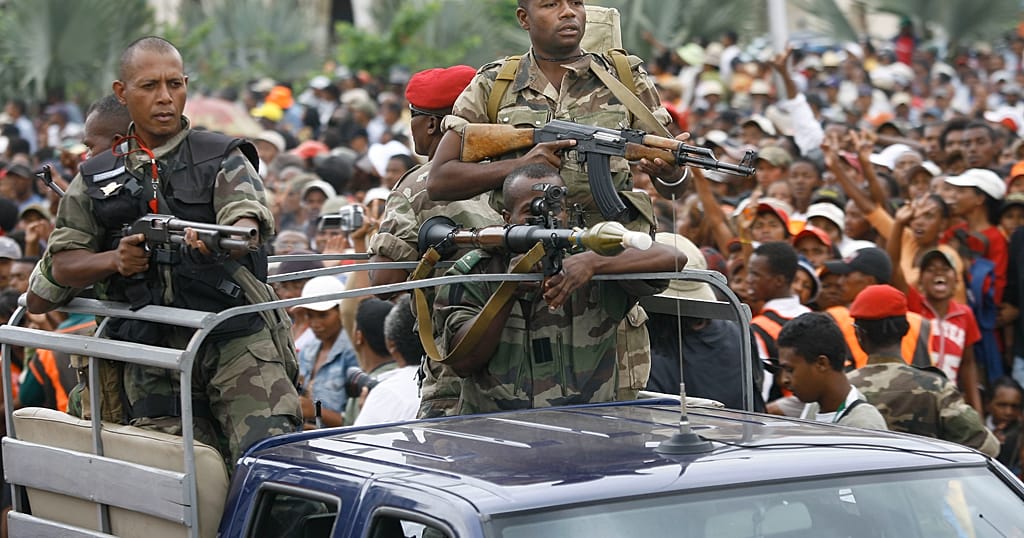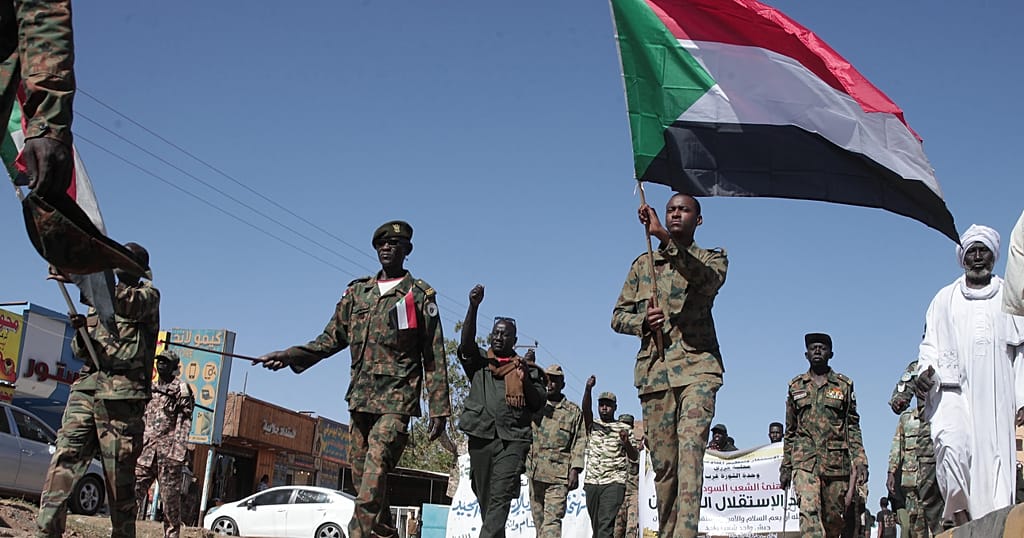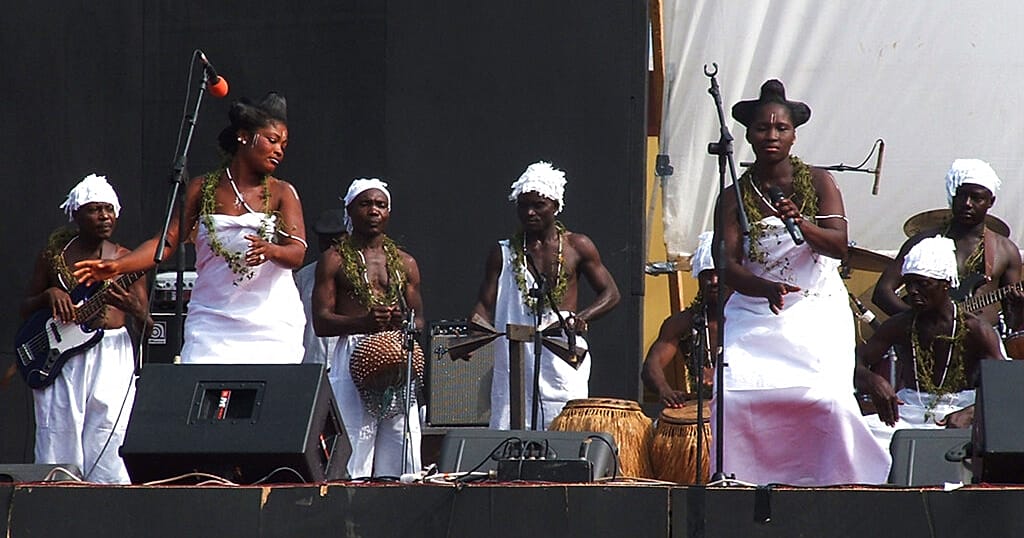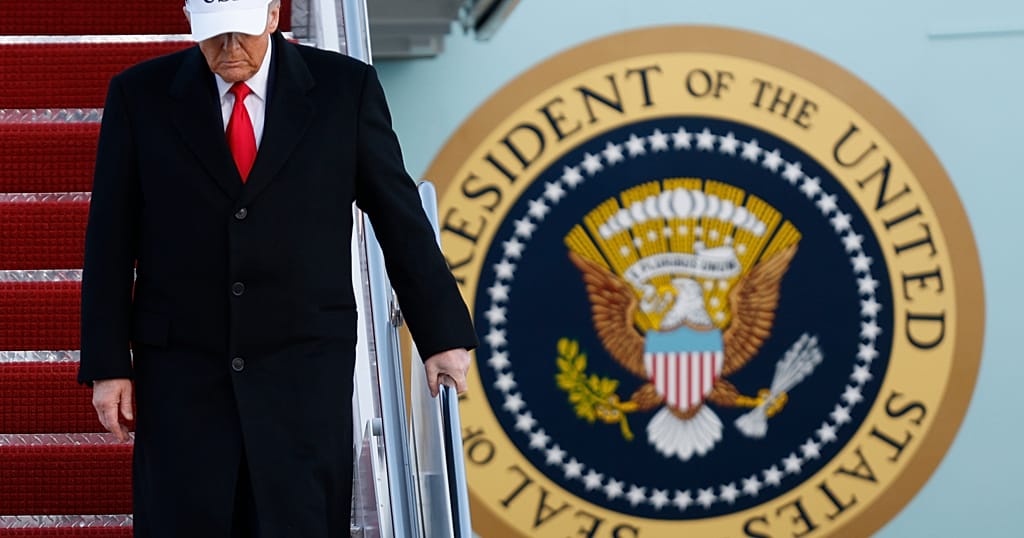Macron hosts Chad, Gabon leaders ahead of ‘Summit for a New Global Financing Pact’
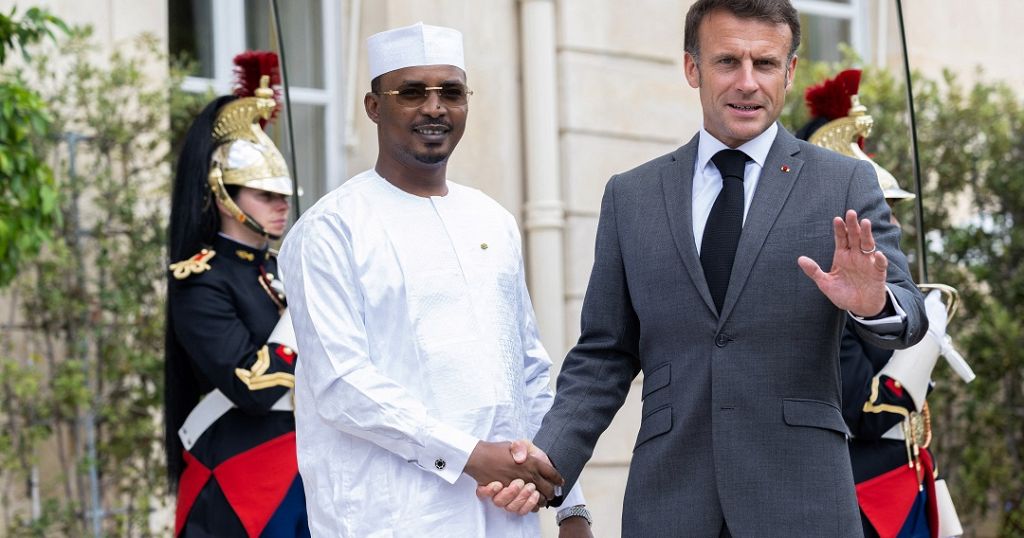
French President Emmanuel Macron received, Wednesday (June 21), his counterpart from Chad, Mahamat Idriss Deby Itno for talks, on the eve of the so-called summit for a New Global financial Pact.
Restructuring debt and reducing poverty by getting the UN 2030 Sustainable Development Goals targets back on course will top the agenda.
Climate will nevertheless be the main driver of the summit on Thursday (June 21) and Friday (June 22).
Macron also hosted at the Elysée Palace Gabon’s president Ali Bongo.
He is one of roughly 50 heads of state and government attending the Paris talks.
Financial leaders will participate as well as activists from around the world. All, will seek ways to overhaul the world’s development banks like the International Monetary Fund (IMF) and the World Bank and help them operate in the face of the climate crisis which has further fragilized developing nations.
Bodies such the IMF have been criticised for not factoring the climate crisis into lending decisions whose delays are deemed too long. Moreover, these lenders are attacked for being dominated by wealthy countries with the developing nations most at risk of global warming left out of calling the shots.
It remains to be seen if the summit will be able to take major strides to make the World’s Financial Architecture more just.
Debt issues of developing countries
Set up in 1956 and comprising 22 countries including Germany, France and the United States, the Club is tasked with finding solutions to the debt repayment difficulties of fragile countries.
“The delays have been very long, there are certainly needs for technical work, but we can’t let countries wait more than two years before obtaining debt treatment,” said the Club’s President, Emmanuel Moulin, at the opening on Wednesday of the 10th annual Paris Club Forum, held in the French capital.
The meeting of this key player in the lending world took place on the eve of an international summit in Paris aimed at better helping developing countries cope with climate change.
The president of the club, Emmanuel Moulin, also called for “a user’s manual based on the experiences of Chad and Zambia”, to “better explain to potentially eligible countries” how the common framework works, and “give debtor countries greater clarity”.
The tradition, powerful and informal club was joined in recent years by other players, most notably China and private creditors to become essential in the composition of poor countries’ debt
These other players were invited to Paris on Wednesday by the club to take part in day-long discussions on several issues, including Zambia, Ghana and Ethiopia.
Source: Africanews


